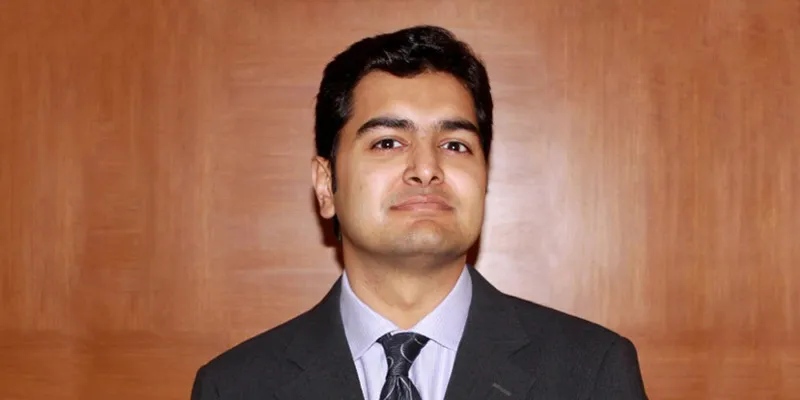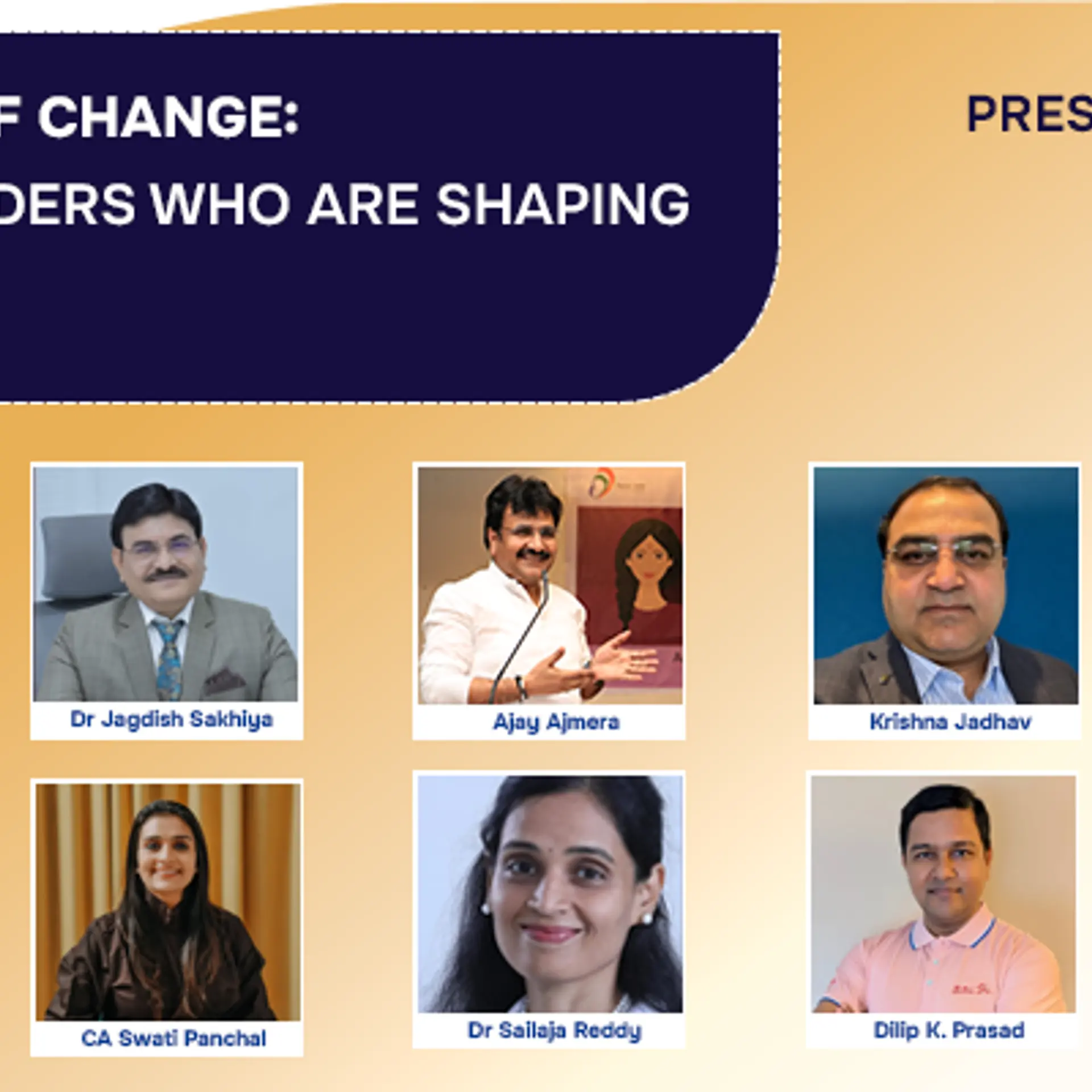Investment philosophy of Epiphany Ventures, the fund that’s invested in Cartrade and Vserv
Did you know that VC investments in India last year were a meager 2.33% compared to the VC funds invested in the US during the same period?
Gaurav Saraf of Epiphany Ventures shared this data with us to emphasise the opportunity that can be unleashed in India in the future. You may argue that the US has an evolved ecosystem, but our country is a laggard compared to even countries like China and Israel. “Even our government doesn’t recognize venture and PE as an industry in India. What Pranab Mukherjee did two years ago almost killed the markets. Thankfully today, there are bodies like FICCI which are helping move things,” says Gaurav Saraf, director, Epiphany Ventures.
Gaurav was sharing his thoughts on the venture capital space, where Epiphany operates with its $25 million fund. Gaurav launched Epiphany Ventures in 2008 to invest in early stage companies with investments from the Mittal family and HNIs. This fund is sector-agnostic, and mostly invests in companies that have successfully proven their business model, as well as acquired their initial set of customers.

Though launched in 2008, Epiphany only made its first investment in 2010 because of the volatile nature of the markets when it was launched. iLevel, a US-based venture that was spun off from Blackstone Fund and which helps monitor portfolio for funds was one of its first investments. The other investments made by the fund so far include CarTrade.com, Brattle (logistics company) and Vserv.mobi.
“How we are different from a typical fund is we would not do small investments, our investments would range from half a million to $3 million -- in the Series A space, rather than seed or angel investments,” explains Gaurav. Investments made in CarTrade and Vserv have been co-investments done alongside other funds; with Canaan Partners in CarTrade and with IDG ventures in Vserv.
Epiphany is an open-ended fund, which is structured in a way where money invested comes back into the fund after a fixed period of time. Unlike others funds, Epiphany is more keen on getting its investment back and reusing the capital, rather than raise fresh funds from the market. Gaurav admits this method of working sometimes limits the investments they make, but is a way to prove to their LPs their confidence in recovering the investments made.
Epiphany’s first investment is about five-six years old, and according to Gaurav they are expecting to exit it in the next 12-18 months. Balance amount of the original $25-million that remains to be invested will also be done in that time. “By the time we fully deploy our current investments, we should have made some exits, that way we will have fresh set of funds ready for deployment,” explains Gaurav. Buyout or strategic investment by other funds could be the way Epiphany exits from a venture.
Epiphany is now on the lookout for a good company that has a marketplace kind of model in the consumer services space. “India has a lot of inefficiencies in the way buyers and sellers interact with each other and that can be improved if better information is provided to both buyer and seller. So it could be a marketplace in education, healthcare, a niche or something esoteric as well. We are keen to explore opportunities in that area,” says Gaurav about his next choice of investment.
Epiphany identifies its investee companies through personal networks with help from boutique investment banks, incubators, accelerators and few organisations. “The main item to tick on an investment is how hungry is the team – the hunger to make it big. You can identify that feeling when you meet a person. Then we will obviously see how well we can align on our thoughts. Leadership qualities, integrity and people skills are something that can’t be comprised,” emphasizes Gaurav.
So given its criteria for investment, will social enterprises ever be on Epiphany’s list? At present, Gaurav doesn’t rule out the possibility, but even if they do make such an investment, time of exit and profitability will be high on the list of priority for the fund, he says. However, one thing that Epiphany stays clear of is being swayed by market buzzwords. “It’s important to listen to what is buzzy in the market, but we would rather invest in a company much before it becomes buzzy, else the ROI may not be as per expectation,” he says.







